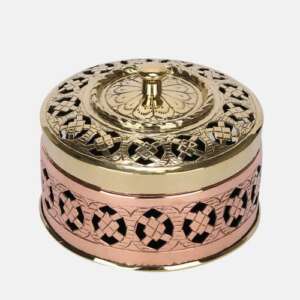Sleeping Grass Benefits
Sleeping grass, commonly known as Mimosa pudica or the “sensitive plant,” is well-known for its unique ability to close its leaves when touched. Beyond its novelty, sleeping grass has several potential benefits, primarily in traditional medicine. Here are some of its reported benefits:
1. Anti-inflammatory Properties
Mimosa pudica has compounds that may help reduce inflammation, making it useful for treating conditions like arthritis, wounds, and skin irritations.
2. Antimicrobial Activity
Extracts from the plant are believed to have antibacterial and antifungal properties, which may help in treating infections.
3. Wound Healing
The plant is often used topically in traditional medicine to promote faster healing of wounds and reduce scarring due to its anti-inflammatory and antibacterial effects.
4. Digestive Health
Mimosa pudica is sometimes used as a remedy for diarrhea and other digestive issues. Its roots and leaves are known to have antidiarrheal properties.
5. Detoxification
The plant is believed to support detoxification of the body, helping cleanse the liver and blood of toxins.
6. Anti-anxiety and Sedative Effects
The plant has mild sedative properties and is used in traditional practices to reduce stress and anxiety. It’s sometimes recommended for better sleep.
7. Antioxidant Properties
Mimosa pudica contains antioxidants that help combat oxidative stress, potentially benefiting overall health and reducing the risk of chronic diseases.
8. Anthelmintic (Parasite Removal)
Mimosa pudica seeds are used in some traditional medicine systems to eliminate intestinal worms and parasites.
9. Pain Relief
It is used as a natural analgesic for alleviating minor pains and discomfort, such as headaches or menstrual cramps.
10. Skin Benefits
The plant is believed to help with conditions like acne, eczema, and minor burns due to its soothing and antimicrobial properties.





















Reviews
There are no reviews yet.